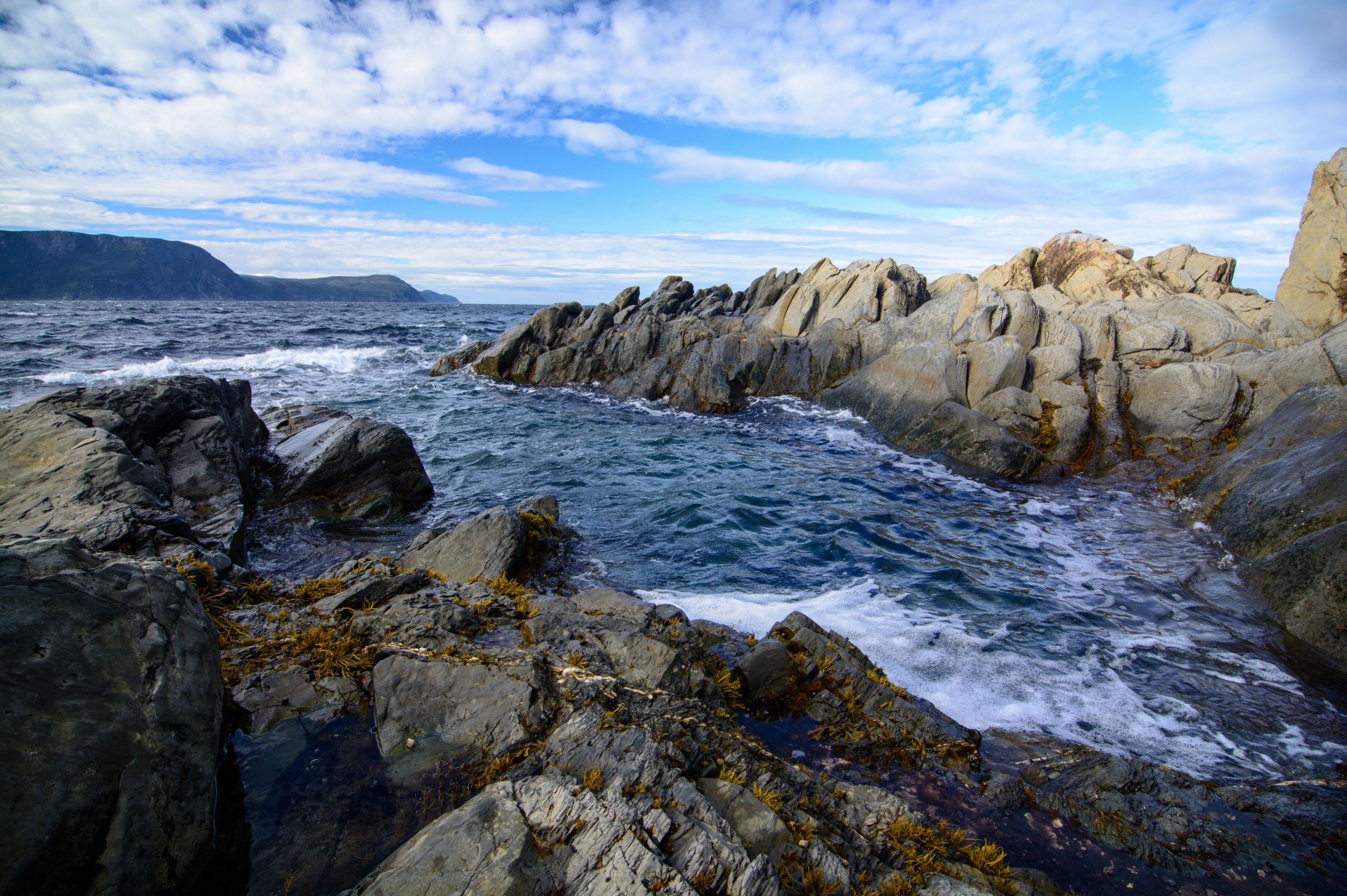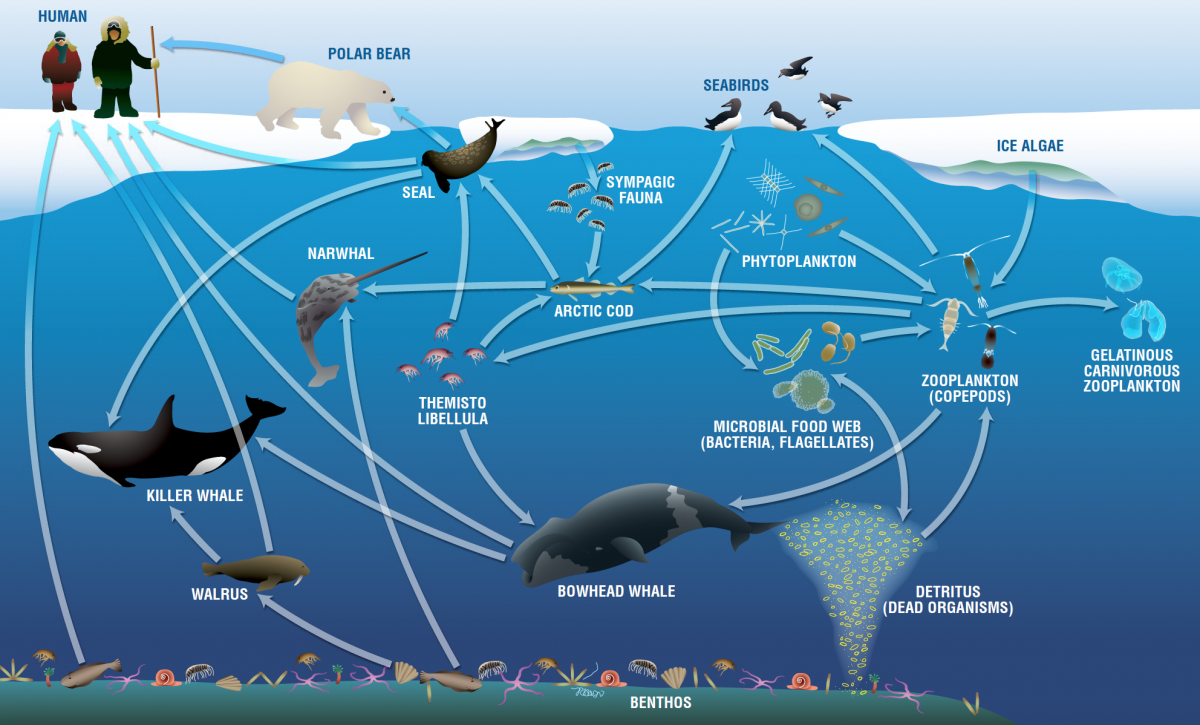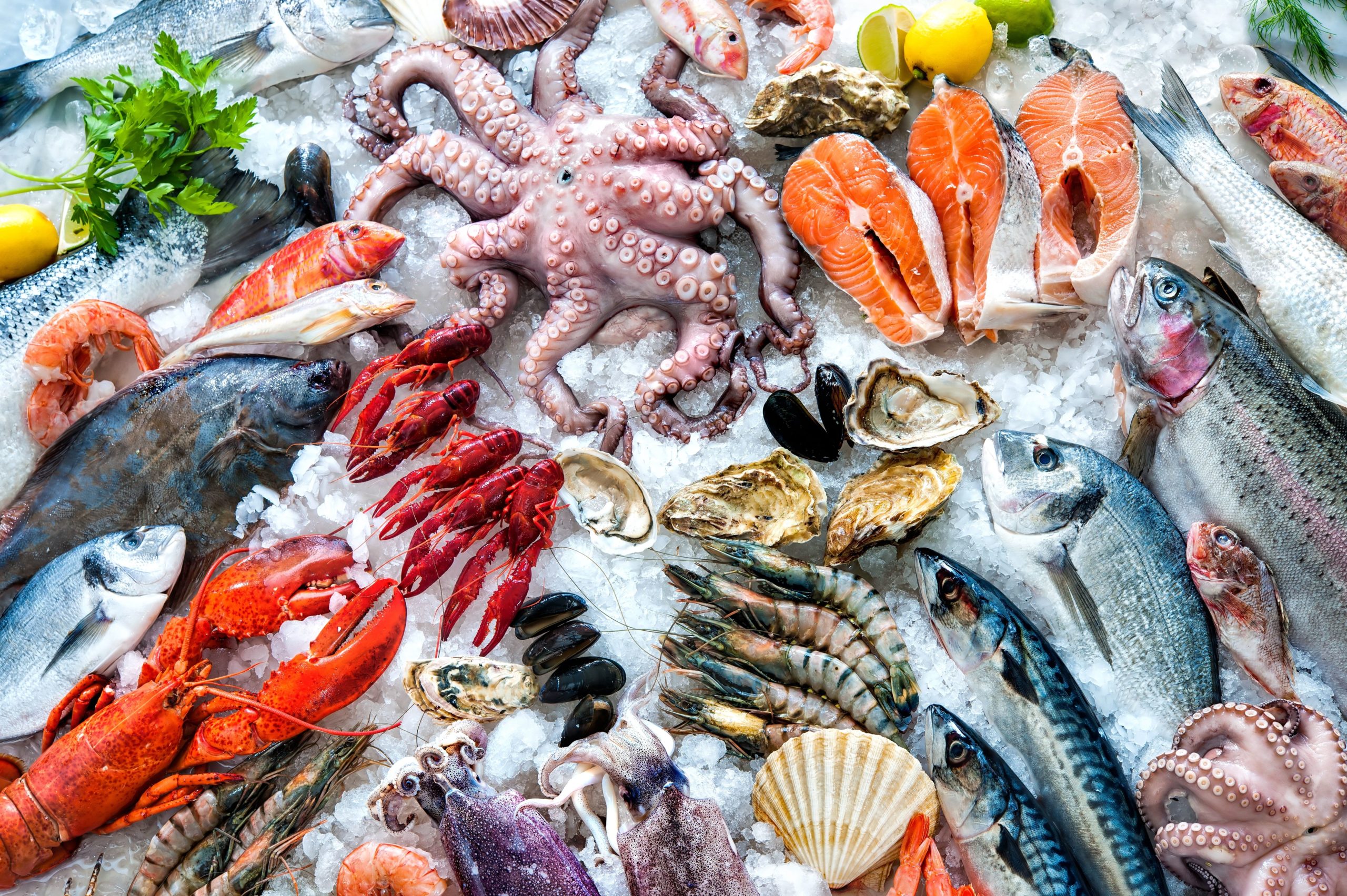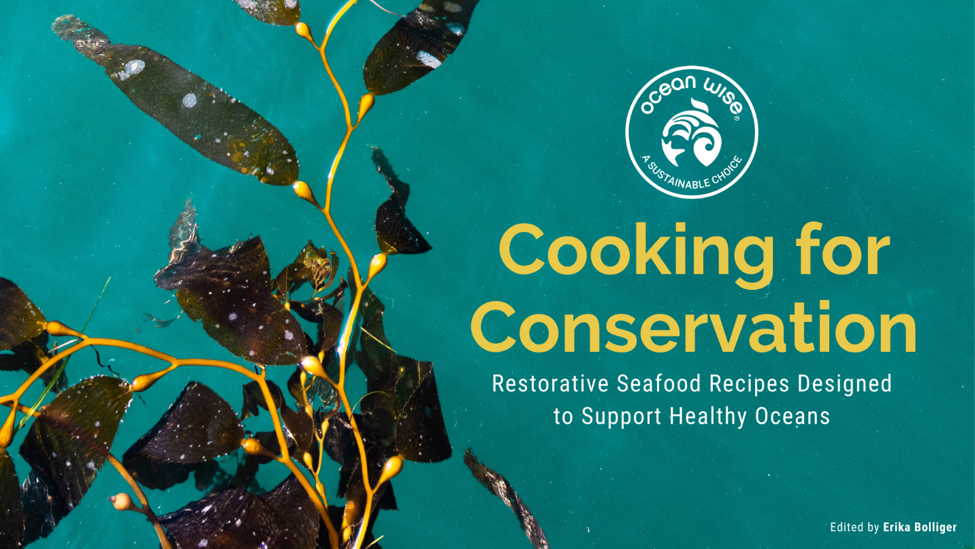
Five Ways to Kick-Start Your Sustainable Seafood Journey
We’ve got you covered for where to start now – but we’re counting on you to keep adding to the list and to share your tips with your circle!
Healthy, flourishing oceans into the future depend on us protecting biodiversity and ecosystems now.
An ecosystem consists of all the organisms and the physical environment with which they are linked to and interact with.
Choosing to eat only sustainable seafood is one way of fighting now for healthy oceans for generations to come – and you can start with five simple ways today!
Our oceans provide so much more than just food…
- Functionally speaking, intact ocean ecosystems around the globe really are the lungs of the earth. Primary producers, tiny plants that photosynthesize to feed themselves, produce over 50 % of the oxygen found in the atmosphere – that’s the oxygen we need for every other breath we take (1).
- Seafood is on the plates of about 3 billion people globally as an important source of protein, with hundreds of millions globally employed in the sector (2).
- And every year, the ocean soaks up about one quarter of all the carbon dioxide (CO2) we emit into our atmosphere, helping to regulate some of the impacts of climate change (3).
But these benefits the ocean provides, sometimes referred to as ecosystem services, require an ecosystem which is healthy and in balance. When humans interfere too much with these systems, the balance is disrupted and the capacity of such ecosystems to provide for us is diminished overall.

One such documented way humans have impacted ecosystems globally is through overfishing.
Overfishing is the process of removing too many of one species of fish for that population to replenish itself into the future, potentially disrupting entire ecosystems.
If you’ve ever heard of a food chain, I invite you now to think about a marine food web – that is, the interconnected network of food chains that makes up the ocean ecosystem (see the Arctic food web below). Because marine food webs are so inter-connected, when we interact with them through the course of fishing, it is important to also consider the needs of the ecosystem in addition to our own food needs when accounting for the total volumes we fish.
Are we leaving enough behind of the ecosystem to sustain itself, thereby continuing to provide those ecosystem services we depend on in addition to food?
Nowadays, the best managed fisheries in the world employ an ecosystem-based fisheries management approach (EBFM), where robust and up-to-date science about the needs of the ecosystem and humans are considered when setting rules and making decisions about a given fishery, including how many fish we can remove each year.
It is increasingly being rightfully recognized that Indigenous populations around the globe have been implementing management measures to avoid overfishing on traditional resources since time immemorial. Such practices often ensured the ongoing biological productivity of key resources, and rules were embedded in socio-economic activity (4).
When we demand too much of the same species over and over (like some of the species pictures above), eventually those species can become subject to immense fishing and farming pressure, threatening their sustainability.
The good news is, there exists a massive diversity of species, harvest methods, farming methods, locations and types of producers to choose from, and you can vote with your dollars by supporting those people and practices that are most sustainable.
While our seafood preferences as Canadians truly reflects a global economy – with fish and seafood products being produced and shipped every which way around the globe – it has never been more important to know where your fish comes from.
Increasingly, we are seeing people wanting to consume fish and seafood that has been caught or produced closer to home, by businesses that support families and communities that depend on heathy ocean ecosystems for their livelihoods.
Here are five easy ways to kick-start your sustainable seafood journey
- Consider purchasing a sustainable seafood species that you have never tried before!
- Incorporate seafood options from lower down the food chain – filter feeders like mussels, oysters, clams and scallops can be cost effective and fun to prepare at home.
- Try incredible and easy recipes from 16 partners chefs in the Cooking for Conservation cookbook – you’ll learn how to cook some of the most sustainable species like a pro!
- Always ask your retailer where and how your seafood was caught or farmed and check the sourcing details in our Seafood Search to verify if it is sustainable: https://seafood.ocean.org/seafood/
- Support our partners and choose Ocean Wise recommended seafood items when you order from them: https://seafood.ocean.org/partners/
Let us know by tagging @OceanWiseSeafood and using the #WavesofChangeOWS hashtag – what other tips would you add?
Into the future, Ocean Wise Seafood commits to ensuring more small-scale and local Canadian products are assessed for recommendations through our program so Canadians have more sustainable options to choose from.
We have lots of work to do, but we are excited to continuing to grow our program and the diversity of producers, species, methods and regions we represent.
Thank YOU for being an integral part of #WavesofChangeOWS this year and for continuing to send us your questions, engaging with us on social media, and choose Ocean Wise recommended seafood.
The Ocean Wise Seafood team
References:
- NOAA. How much oxygen comes from the ocean? National Ocean Service website, https://oceanservice.noaa.gov/facts/ocean-oxygen.html#:~:text=Scientists%20estimate%20that%2050%2D80,some%20bacteria%20that%20can%20photosynthesize, accessed on 31/05/2021.
- FAO. 2020. The State of World Fisheries and Aquaculture 2020. Sustainability in action. Rome. http://www.fao.org/documents/card/en/c/ca9229en/
- https://www.carbonbrief.org/guest-post-the-oceans-are-absorbing-more-carbon-than-previously-thought#:~:text=While%20previous%20estimates%20put%20the,of%20CO2%20rather%20than%2043bn.
- https://ecologicalprocesses.springeropen.com/articles/10.1186/2192-1709-2-12
Posted July 30, 2021 by Ocean Wise




